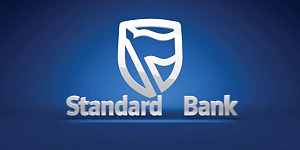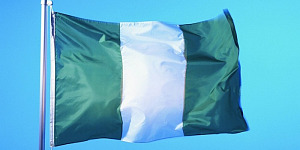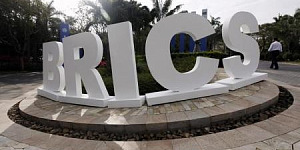Nigeria's central bank left its benchmark Monetary Policy Rate (MPR) unchanged at 12.0 percent, saying his was the "least risky option" at a time of stagflation when policy options are very limited.
The Central Bank of Nigeria (CNB), which switched into a tightening mode in March this year when it raised its rate by 100 basis points, added that this decision needed "time to crystalize" although the balance of risks remain tilted against economic growth.
A scarcity of foreign exchange has been hampering Nigerian businesses for months and while the central bank said there was no easy fix because the lack of supply boils down to low foreign exchange earnings - linked to the low oil price and low investments - it acknowledged that it was time to start reforming the foreign exchange market.
The bank's monetary policy committee voted unanimously to "adopt greater flexibility in exchange rate policy to restore the automatic adjustment properties of the exchange rate" and gave the bank's management the mandate to work out the method for achieving this flexibility and decide when a new framework would begin.
Speculation has been rife in financial markets in recent months that the CBN would either devalue the naira or seek to create some stability in the foreign exchange market to narrow the gab between the official exchange rate, the interbank market and the black market, where the dollar currently sells for over 300 naira compared the official peg of 197.
"In the Committee's opinion, the key issue remains how to increase the supply of foreign exchange to the economy," the central bank said, adding that a dynamic foreign exchange framework could still not replace the imperative to the economy to increase its stock of foreign exchange through enhanced export earnings, which means the investment climate must be improved.
Nigeria's naira tumbled in the second half of 2014 in response to the fall in global crude oil prices and only started to stabilize in March 2015 following the imposition of foreign currency controls to preserve foreign reserves.
Since March the central bank has adjusted its exchange rate peg several times and in the interbank market the naira was trading at a daily average of 197 between March 25 and May 13, the CBN said.
"The Committee, therefore, remains committed to its mandate of maintaining a stable naira exchange rate," the bank said.
Given its dependence on imports, the shortage of foreign exchange has helped fuel inflation, the central bank acknowledged, adding that headline inflation jumped to 13.72 percent in April from 12.77 percent in March while core inflation rose for the third month in a row to 13.35 percent.
In addition to the shortage of foreign exchange, the CBN attributed rising inflationary pressures to an energy crises that led to a shortage of petroleum products, exchange rate pass-through from imported goods, a high cost of electricity, high transport costs, a drop in food output, high cost of inputs and low industrial output.
Nigeria's economy contracted by 13.7 percent in the first quarter of this year from the fourth quarter of last year due energy shortages, scarce foreign exchange and depressed consumer demand, which means that businesses would not investment or even procure raw materials.
On an annual basis, the economy shrank by 0.36 percent, down from growth of 2.11 percent in the previous quarter, for the first negative growth rate in many years, and 4.32 percentage point below the growth rate seen in the first quarter of 2015.
Earlier this month Nigeria's government raised gasoline prices by 67 percent in an effort to reduce fuel subsidies and fuel shortage, and attract more suppliers and investment. Although Nigeria is Africa's largest crude oil producer, and the fifth highest exporter worldwide, it relies on imports to meet some 70 percent of its domestic needs.







































